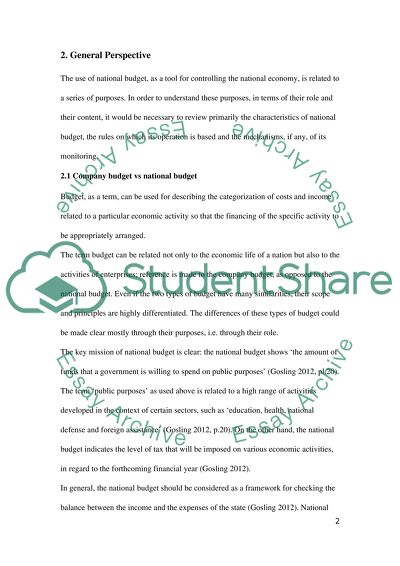Cite this document
(“Describe the various purposes, as discussed in the literature, of Essay”, n.d.)
Describe the various purposes, as discussed in the literature, of Essay. Retrieved from https://studentshare.org/finance-accounting/1471828-describe-the-various-purposes-as-discussed-in-the-literature-of-budgeting-for-national-governments-discuss-the-relative-importance-of-these-purposes-and-the-ways-in-which-some-of-the-purpose-may-conflict
Describe the various purposes, as discussed in the literature, of Essay. Retrieved from https://studentshare.org/finance-accounting/1471828-describe-the-various-purposes-as-discussed-in-the-literature-of-budgeting-for-national-governments-discuss-the-relative-importance-of-these-purposes-and-the-ways-in-which-some-of-the-purpose-may-conflict
(Describe the Various Purposes, As Discussed in the Literature, of Essay)
Describe the Various Purposes, As Discussed in the Literature, of Essay. https://studentshare.org/finance-accounting/1471828-describe-the-various-purposes-as-discussed-in-the-literature-of-budgeting-for-national-governments-discuss-the-relative-importance-of-these-purposes-and-the-ways-in-which-some-of-the-purpose-may-conflict.
Describe the Various Purposes, As Discussed in the Literature, of Essay. https://studentshare.org/finance-accounting/1471828-describe-the-various-purposes-as-discussed-in-the-literature-of-budgeting-for-national-governments-discuss-the-relative-importance-of-these-purposes-and-the-ways-in-which-some-of-the-purpose-may-conflict.
“Describe the Various Purposes, As Discussed in the Literature, of Essay”, n.d. https://studentshare.org/finance-accounting/1471828-describe-the-various-purposes-as-discussed-in-the-literature-of-budgeting-for-national-governments-discuss-the-relative-importance-of-these-purposes-and-the-ways-in-which-some-of-the-purpose-may-conflict.


